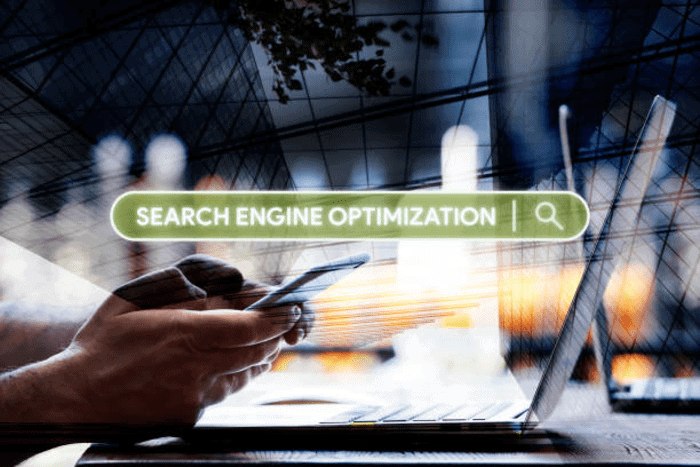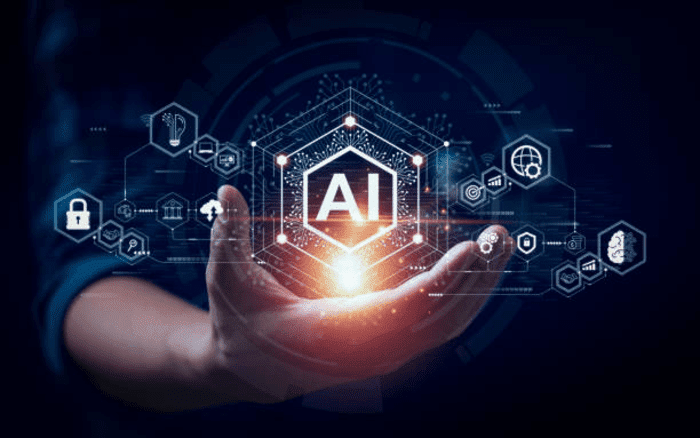Search engine optimization (SEO) has been a cornerstone of digital marketing for years, and businesses around the world, including those in Europe, have relied on it to drive traffic to their websites. The rise of artificial intelligence (AI) has brought both challenges and opportunities to the world of SEO, and link-building agencies in Europe must adapt to stay relevant. In this article, we will explore the current impact of AI on search engines, the future of SEO in the age of AI, and what businesses engaged in SEO need to do to adjust.

Understanding the Impact of AI on SEO
To understand the impact of AI on SEO, it’s important to first understand how AI works in the context of search engines. AI is designed to mimic human intelligence and learn from patterns and behaviors. In the context of a search engine, AI studies the behavior of human users, analyzes data, and generates a list of the most accurate and relevant results. When combined with machine learning, AI becomes a powerful tool that can continually improve its results over time.
Traditionally, SEO has been focused on optimizing websites and content to rank higher in search engine results pages (SERPs). This is achieved through various tactics, such as keyword research, on-page optimization, and link building. However, with the rise of AI, some experts believe that these traditional SEO tactics may become less effective.
Is AI a Threat to SEO?
The introduction of AI has brought about significant changes to the SEO landscape, causing concerns among SEO experts. Some people believe that AI could render SEO obsolete since it can analyze and understand user behavior better than humans. AI algorithms are becoming more sophisticated and can analyze massive amounts of data, making it difficult for SEO experts to keep up.
Furthermore, the use of AI has led to a decline in the importance of traditional SEO tactics, such as keyword stuffing and link building. AI algorithms can detect these tactics and penalize websites that use them. This has led to a shift towards more user-focused content that meets the needs of search engine users.
Despite these challenges, SEO is not becoming obsolete anytime soon. Experts believe that SEO will continue to be relevant, but it will require a different approach to optimization. SEO experts need to adapt to the new reality of AI and find ways to optimize their content to meet the needs of search engine users.

The Role of AI in Link Building
Link building is a crucial component of SEO, and AI has a significant impact on how it operates. In the past, link building involved finding high-quality websites and requesting that they link back to your site. However, AI has changed the game in link building.
AI algorithms have the power to determine the quality and relevance of the links on a website, which means that link builders must ensure that their links are not only high-quality but also relevant to the target audience. This means that any link building agency in Europe must have a deep understanding of their audience and be able to create content that is useful and engaging to them.
In addition, AI can detect when a website has a large number of irrelevant links, which can hurt its search engine rankings. Therefore, link builders must focus on building high-quality, relevant links and avoid spammy tactics that can harm a website’s reputation.
The Future of SEO in the Age of AI
The rise of AI in search engines means that SEO will need to adapt to stay relevant. Here are some key areas where link-building agencies in Europe will need to focus their efforts:
User Behavior Metrics are Crucial
User behavior metrics like click-through rate, time on site, and bounce rate have always been essential for SEO. With the rise of AI, these metrics are becoming even more crucial. Search engines use user behavior metrics to determine how users engage with a site, which can impact how it ranks in search results.
For example, if a user clicks on a search result and quickly bounces back to the search engine results page, this suggests that the content on the site was not relevant to their search query. Over time, this type of user behavior can negatively impact a site’s search engine rankings.
Voice Search
As voice search continues to grow in popularity, link-building agencies in Europe must ensure that their websites are optimized for voice search queries. This means using natural language in content, optimizing for local search, and focusing on long-tail keywords.

Mobile-First Indexing
Google has shifted to mobile-first indexing, which means that the mobile version of a website is given priority over the desktop version. Link-building agencies must ensure that their websites are optimized for mobile devices and that they provide a seamless user experience across all devices.
Featured Snippets
AI-driven featured snippets are becoming increasingly common in search results, and link-building agencies must optimize their content for featured snippets. This means focusing on creating content that answers specific questions and providing clear and concise answers.
Quality Content is Key
AI has made it easier for search engines to identify high-quality content. This means that businesses engaged in SEO must focus on creating high-quality content that provides real value to users. High-quality content is more likely to generate engagement, which can lead to positive user behavior metrics and higher search engine rankings.
Personalization is More Important than Ever
AI is making search results more personalized than ever before. This means that businesses engaged in SEO must focus on delivering personalized content to their target audience. This can involve creating content that speaks directly to the needs and interests of specific groups of users, as well as using tools like retargeting and personalization algorithms to deliver personalized content to individual users.
Conclusion
AI is undoubtedly changing the game for businesses engaged in SEO. While it’s true that SEO will need to adapt to these changes, it’s clear that SEO is not going away anytime soon. By focusing on user behavior metrics, creating high-quality content, delivering personalized content, optimizing for voice search, and leveraging AI-powered tools, businesses can stay ahead of the curve and ensure that their content is seen by the right users at the right time.